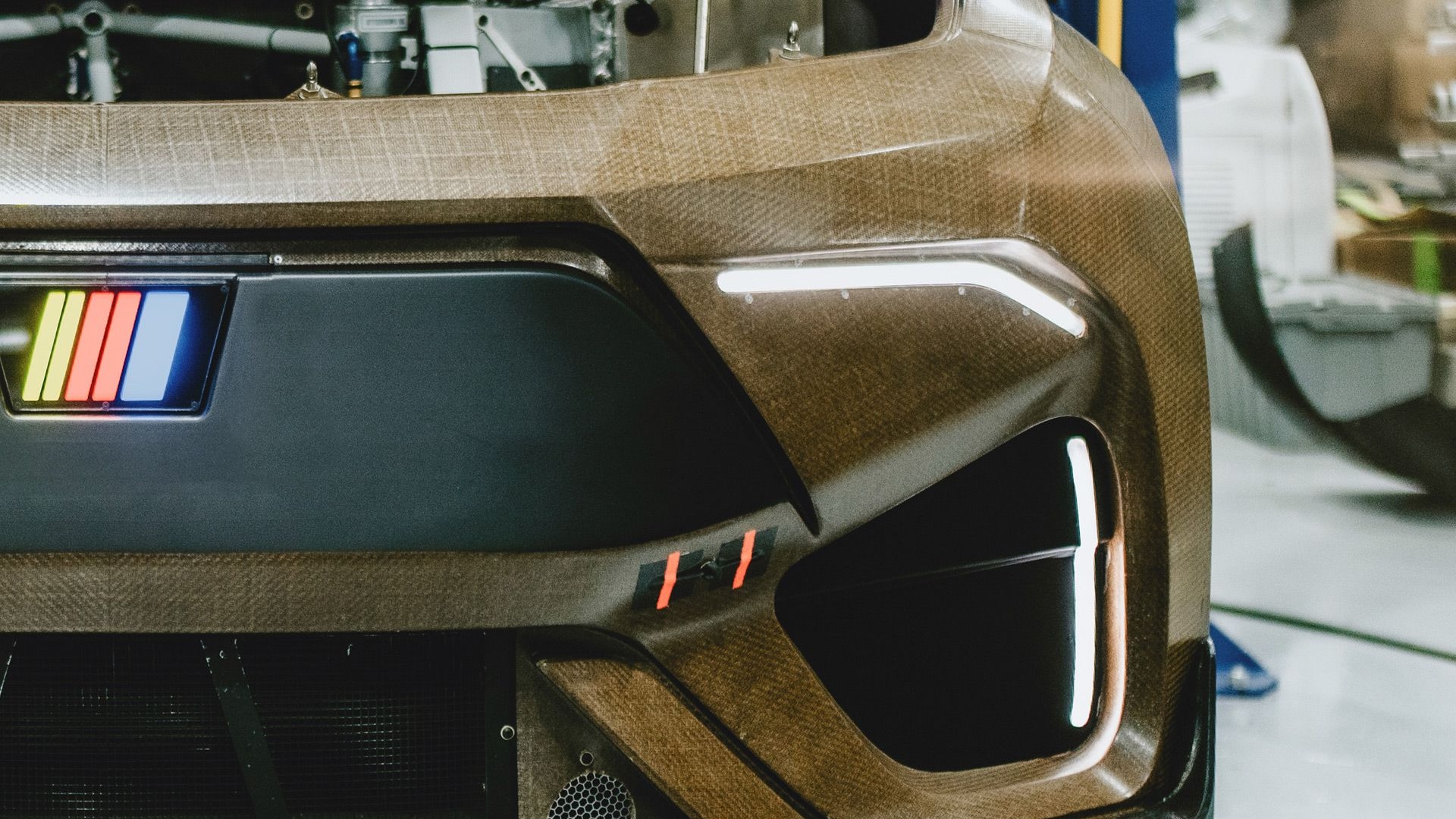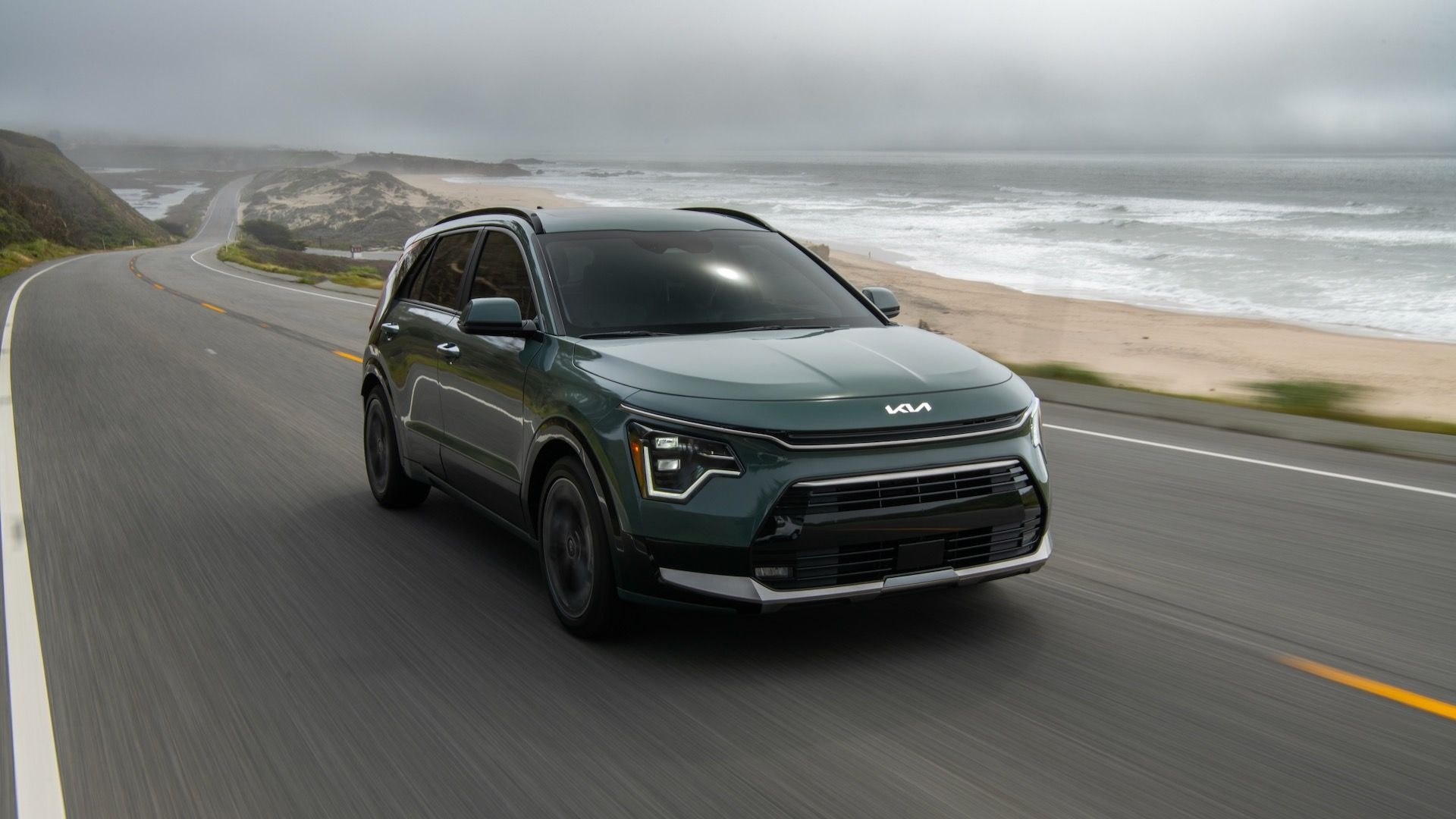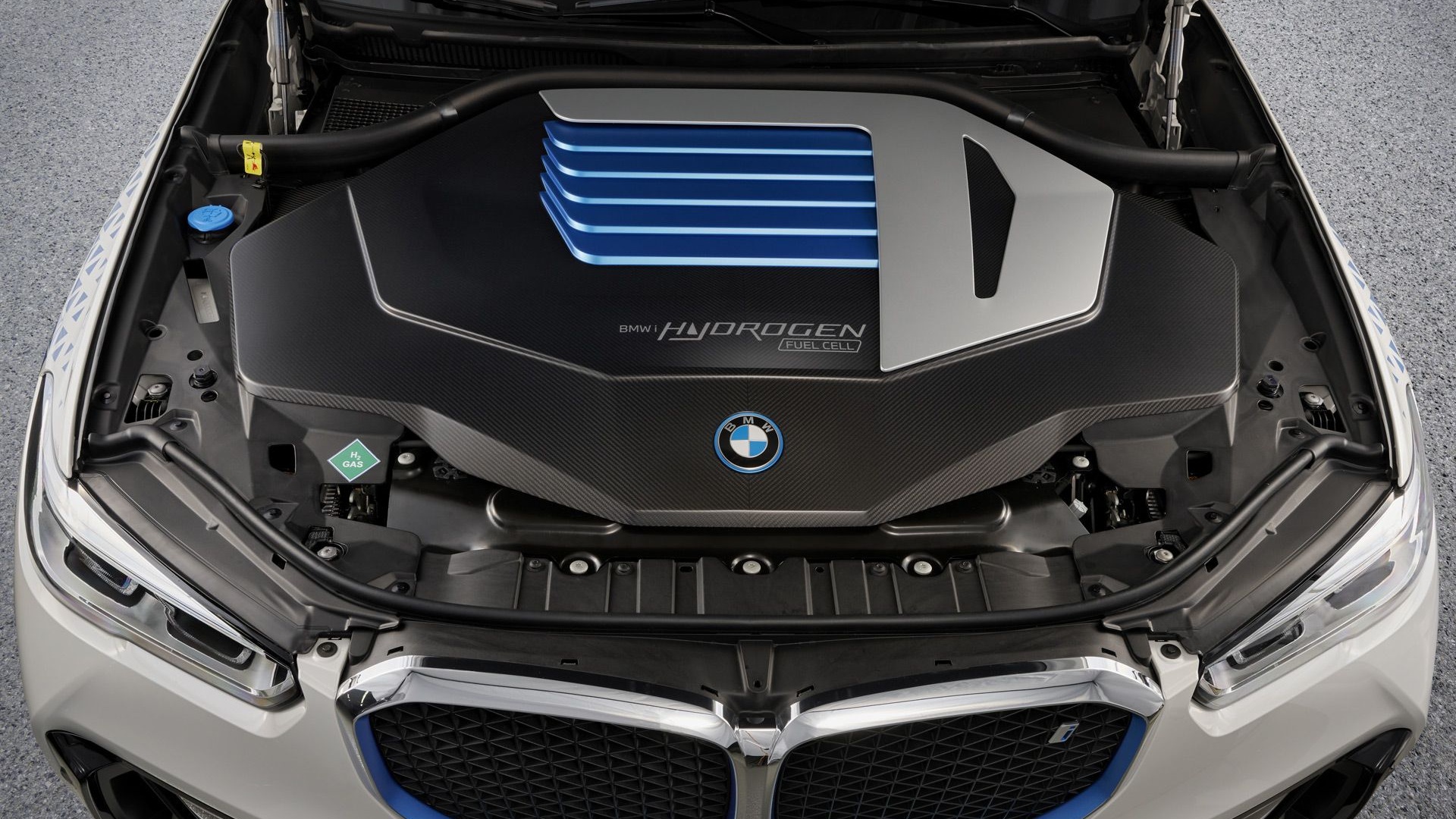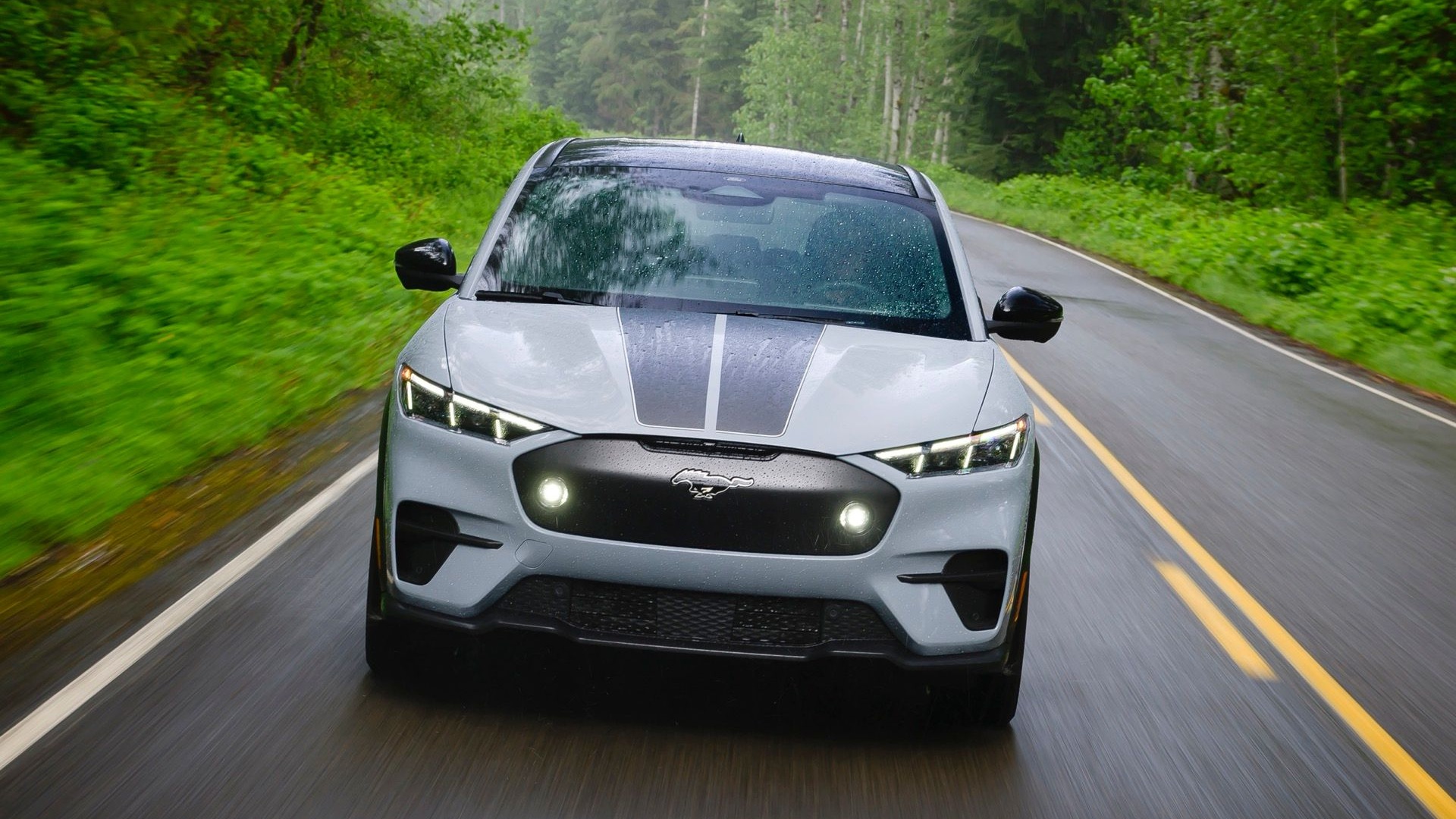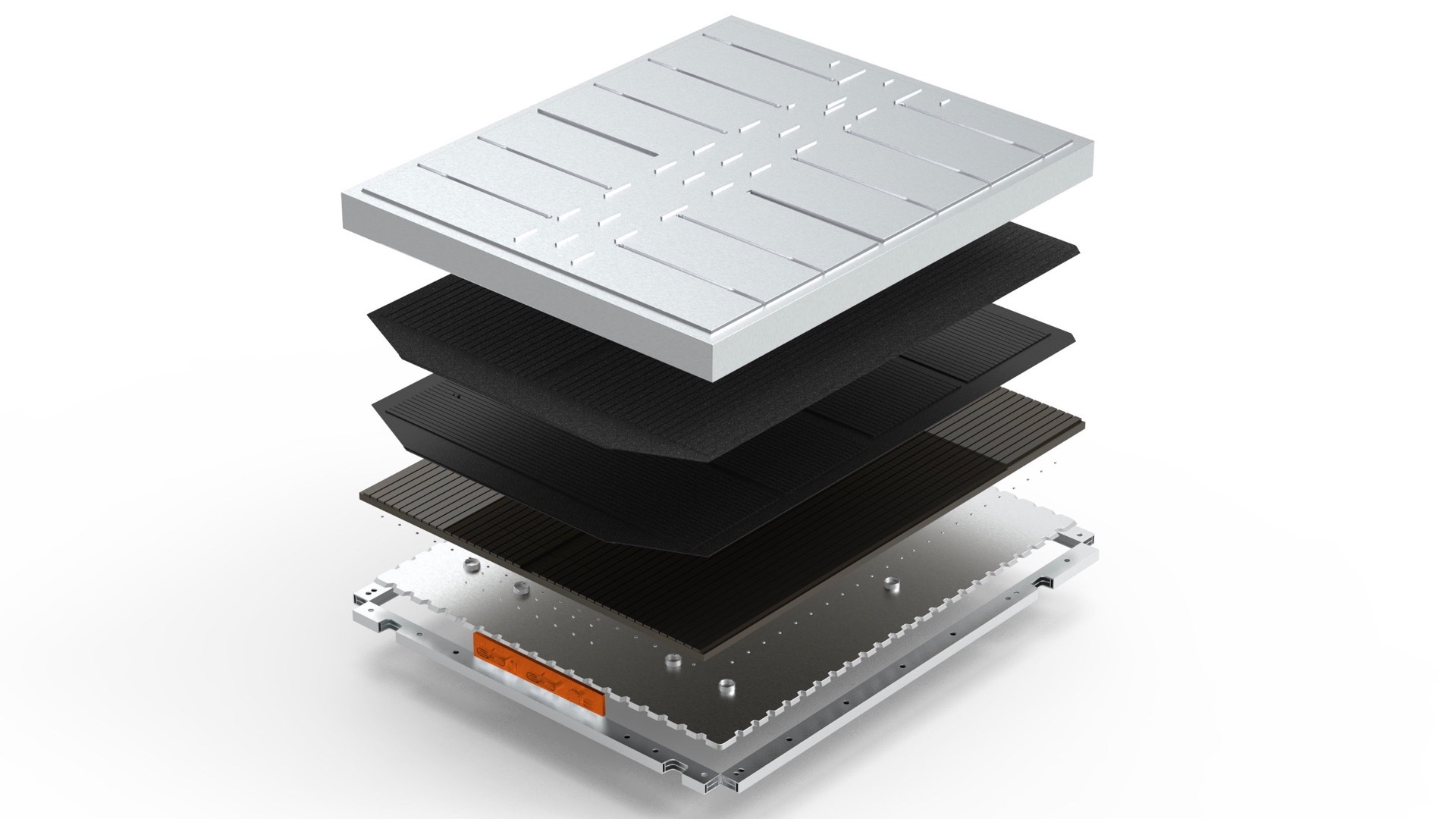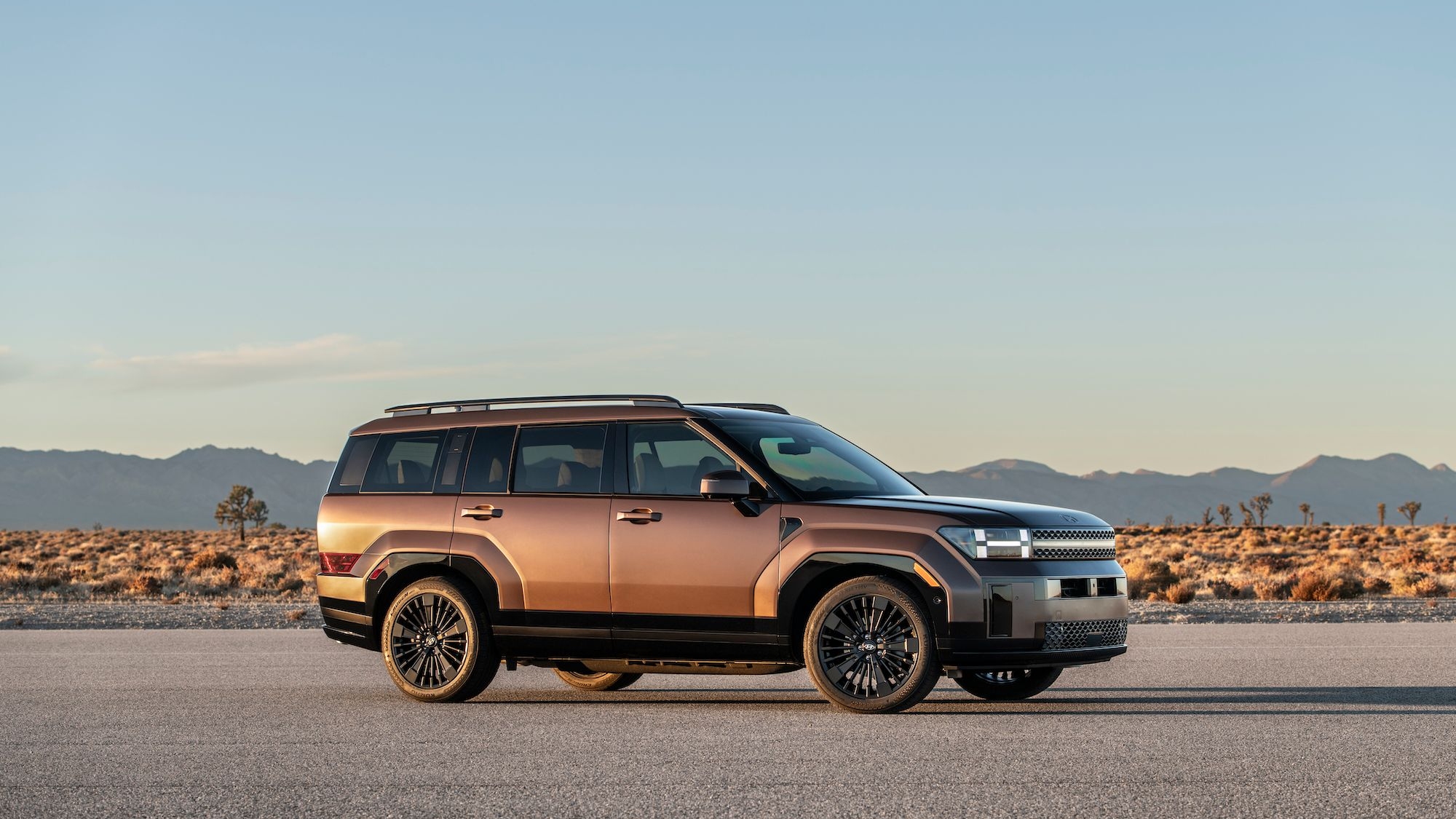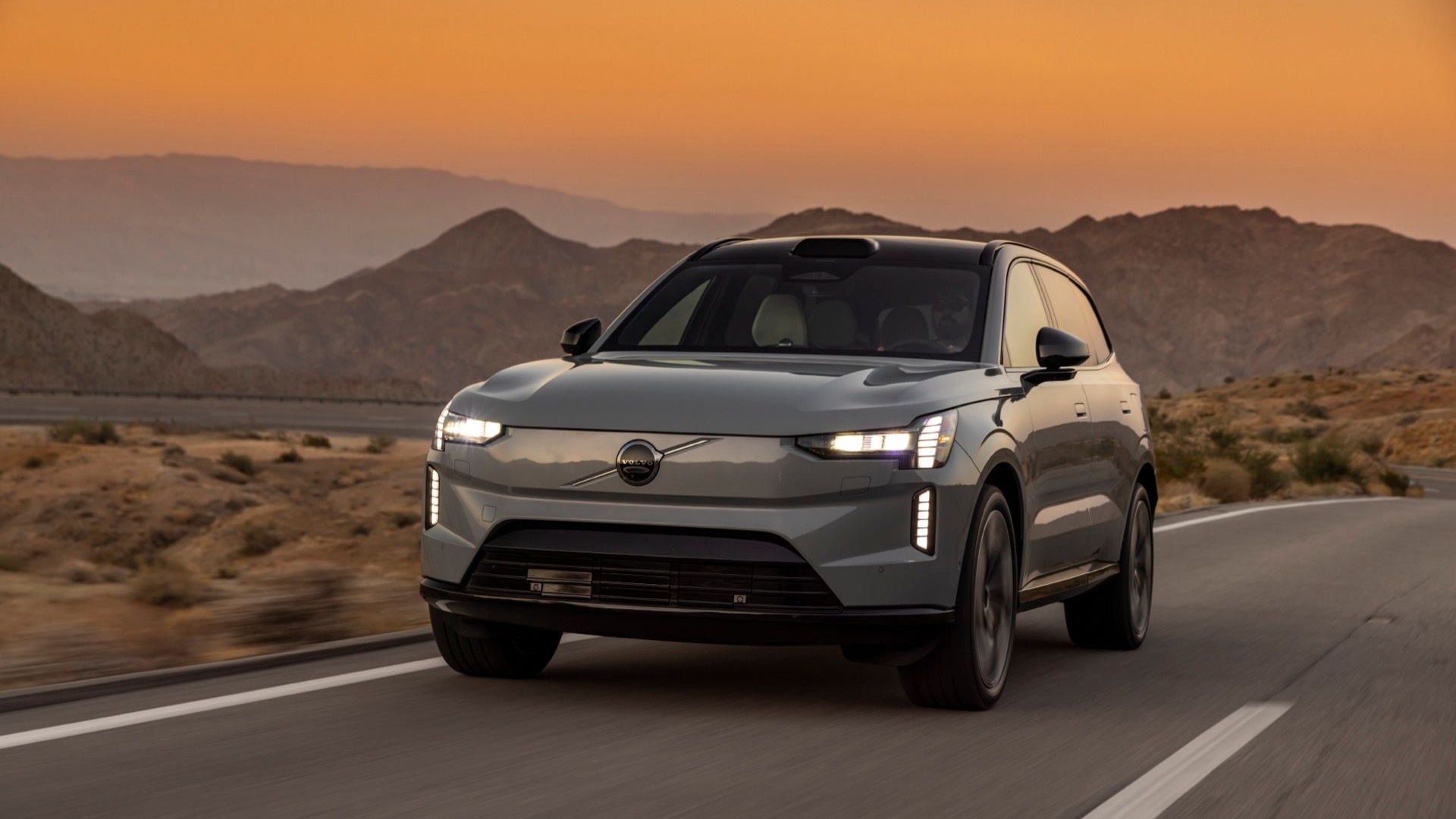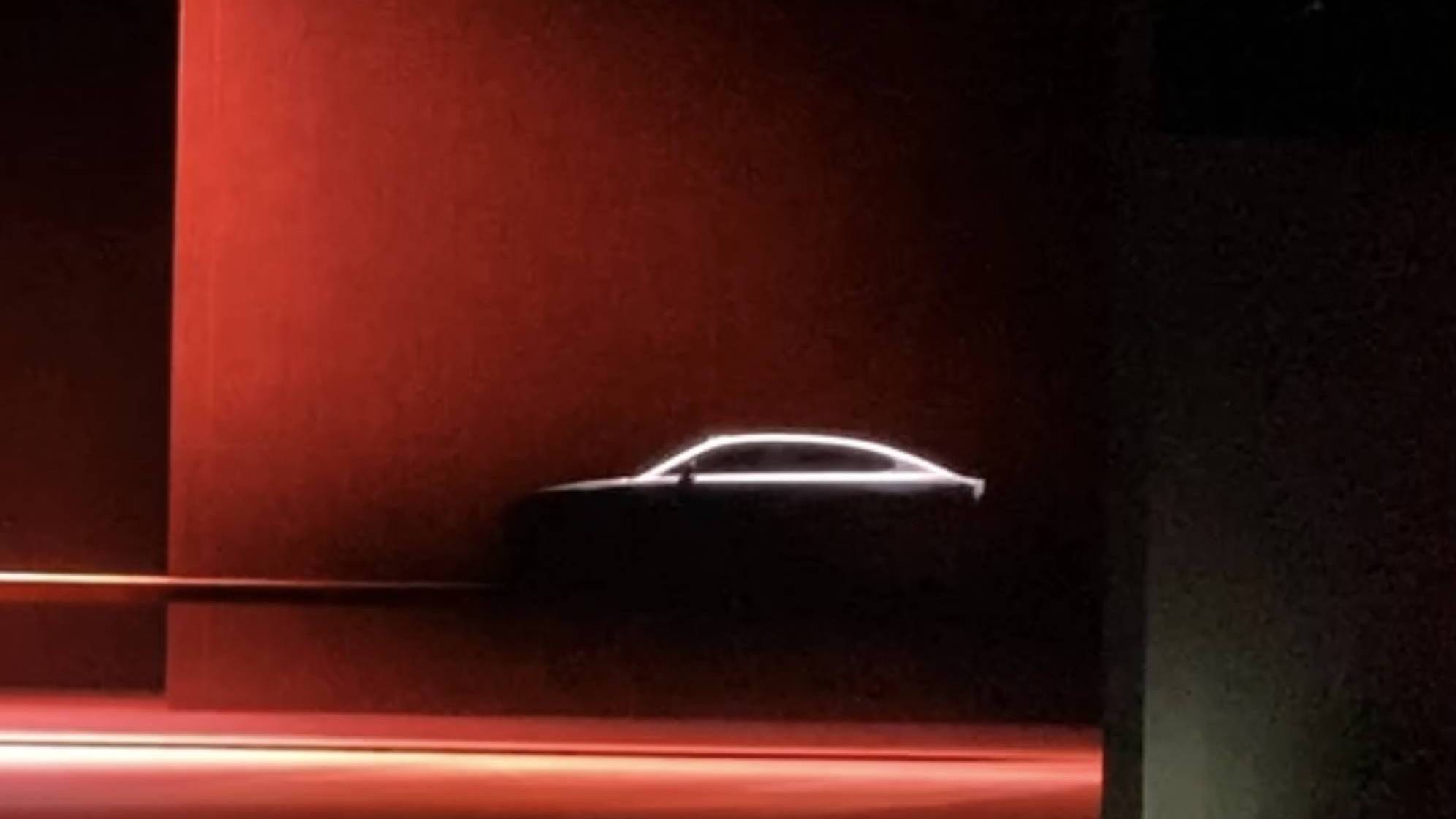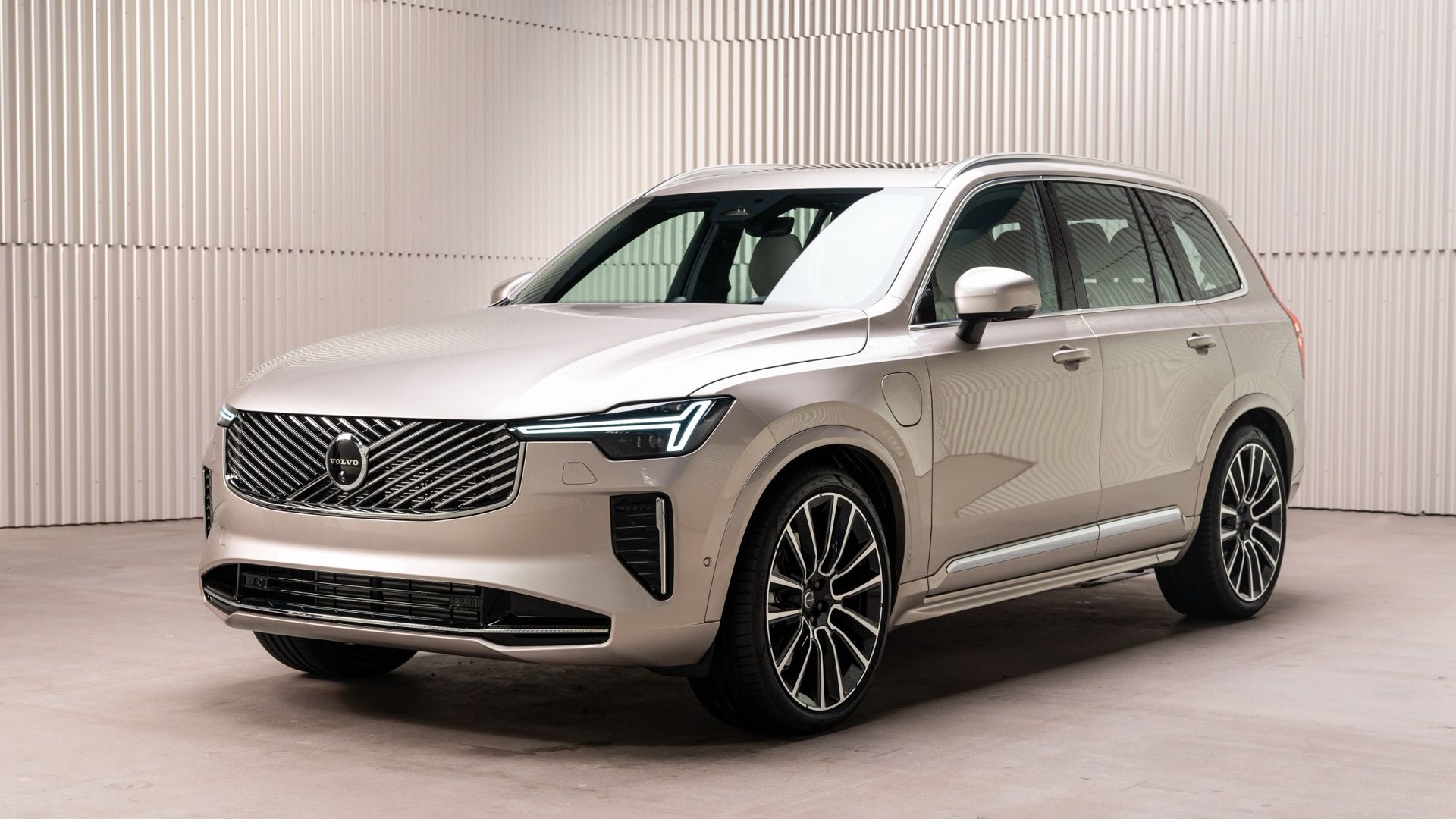- Volvo may need to lean on plug-in hybrids longer than originally planned
- Slower EV growth may extend Volvo's forecast to go all electric by 2030
- PHEVs expected to peak at no more than 10% of global new car market share by 2030
Volvo is reconsidering a goal of selling only EVs after 2030 amid dealer complaints and softer EV growth, reports Automotive News Europe.
The automaker's U.S. dealers expect to continue selling 48-volt mild-hybrids and plug-in hybrids well into the next decade, and Volvo is making preparations to do that, the industry trade journal reported, citing anonymous sources with knowledge of the plans.
"We will have to, or we will die," a Volvo dealer who asked not to be identified told Automotive News Europe. "Volvo has gotten way out over their skis with this EV-only strategy."
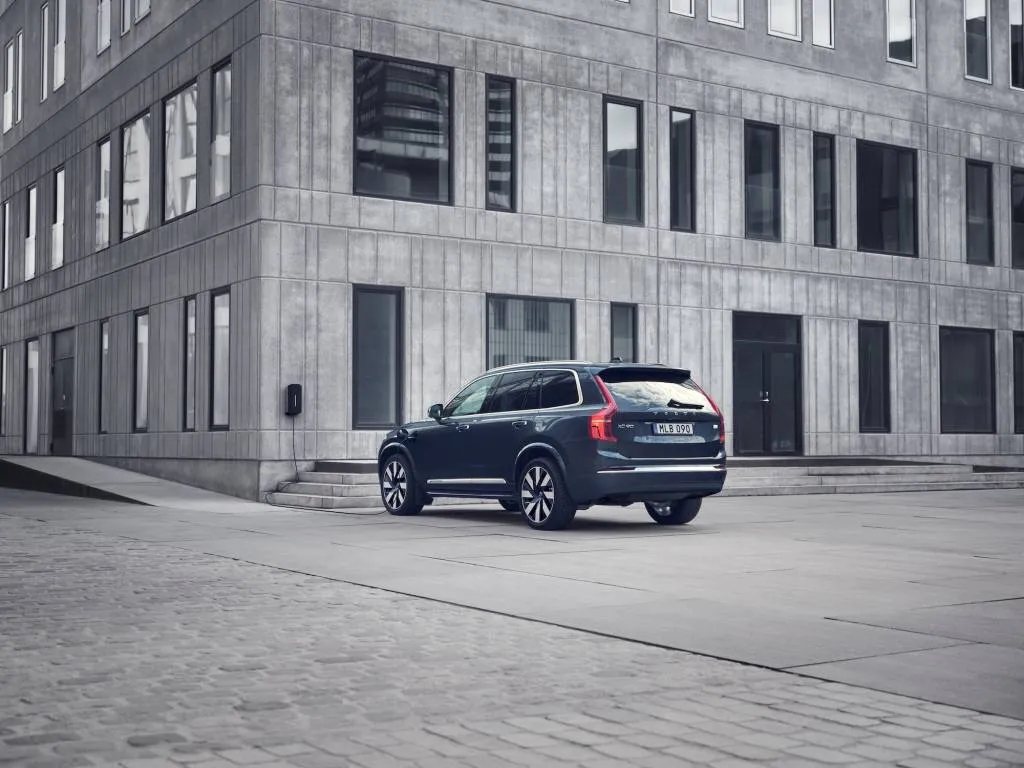
2025 Volvo XC90
In the next decade, Volvo will focus on supplying plug-in hybrids in the U.S. and other markets as it waits for EV demand to grow further, a person familiar with the automaker's plans said, adding that Volvo executives are "keeping their fingers crossed that PHEVs will start to be looked at favorably by different governments."
A recent Bloomberg New Energy Finance report estimated that plug-in hybrids will peak at 10% of global new-car sales in 2030, after which sales are expected to fall as lower battery prices make EVs less expensive. In the U.S., plug-in hybrids made up about 20% of total plug-in vehicle sales and 2% or overall new-car sales in 2023, according to the Department of Energy, but may lose ground to hybrids due to higher costs.
Volvo already fits its plug-in hybrids into its EV product strategy more comprehensively than any other full-line automaker—even going so far as to mask tailpipes. Although the U.S.-market Volvo plug-in hybrid with the most electric range and highest fuel efficiency—the S60 Recharge sedan—is going away after the 2025 model year, the automaker will maintain plug-in hybrid versions of its more popular crossovers.
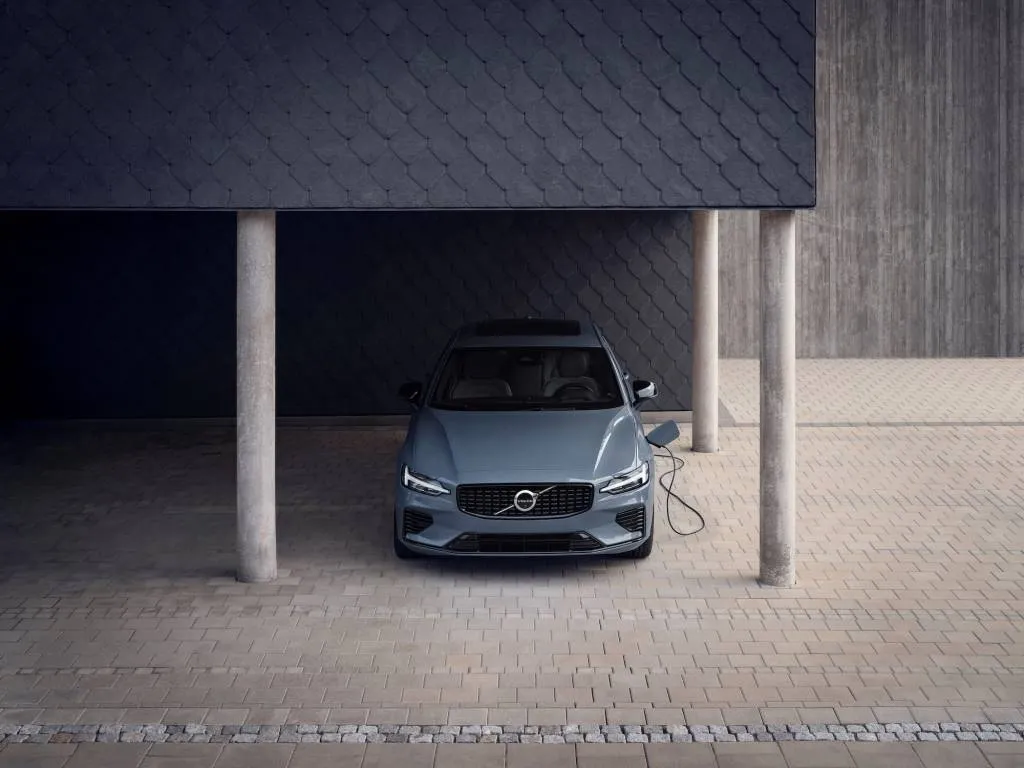
2025 Volvo S60
The next phase of Volvo's EV transition has also hit a snag in the form of high tariffs for the China-built EX30, which was to be a more affordable, high-volume model for the brand but has now been delayed until 2025. The EX90 SUV has started production in South Carolina, although lingering software issues mean the first cars will be delivered without certain features enabled.
Other automakers are taking a similar approach. Audi and Porsche will emphasize plug-in hybrids, with the latter expecting to continue selling current-generation gasoline and hybrid versions of its Cayenne SUV alongside an all-electric version into the next decade. General Motors has augmented what was to be an all-EV strategy with plug-in hybrids while delaying EV production targets.
